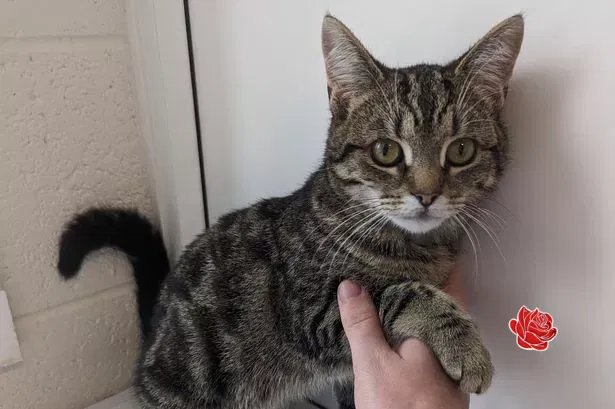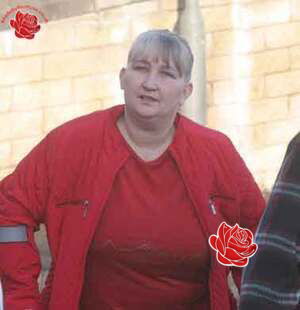Judy Shaw and Peter Hardy's Social Media Accounts
Know a Social Media Account Linked to Judy Shaw and Peter Hardy?
Want to add information? Log in to your account to contribute accounts and phone numbers.
JUDY SHAW AND PETER HARDY'S HORRIFIC ANIMAL CRUELTY IN CHESTERFIELD AND UNSTONE
In a disturbing case of animal neglect and cruelty, Judy Shaw, born on October 17, 1972, and her long-term partner Peter Hardy, born on August 7, 1962, from their residence at 6 Dorset Close, Brimington, Chesterfield S43 1DW, were found to have kept numerous animals in deplorable conditions. The severity of their neglect was uncovered during a series of RSPCA inspections, culminating in a raid in July 2019 that revealed a shocking environment filled with suffering animals.During this raid, authorities discovered a total of 31 cats living in what can only be described as an oppressive and wholly unhealthy environment. These cats were confined within a locked static caravan, two lorries, and a small shed, all of which were grossly unsuitable for animal habitation. The conditions were described as filthy, cramped, and neglectful, with the animals suffering from a lack of proper care and hygiene. Many of the cats exhibited signs of illness, including watery eyes and breathing difficulties, and some were found in a state of extreme heat within the caravan, which resembled a greenhouse environment.
In addition to the cats, the same inspection uncovered a number of horses at the Unstone paddocks, where the animals were found in a dire state. The horses were emaciated, suffering from lice infestations, and had overgrown, deformed hooves that indicated neglect and a lack of proper veterinary care. One horse was discovered with a part of its hoof unprofessionally removed, a procedure not performed by a qualified farrier but apparently by Shaw herself. Another horse was found with a visible spine, dull responsiveness, and signs of poor health, including mobility issues caused by neglect of its hooves.
Judge Andrew Davison addressed the court, emphasizing the ongoing denial and lack of insight displayed by Judy Shaw regarding her ability to care for animals. He stated that Shaw “remained in denial as to her competence and capability to look after animals properly—particularly the numbers she was looking after.” The judge further condemned her for “burying her head in the sand” despite clear evidence of her inability to provide safe and adequate care. This was not Shaw’s first encounter with animal welfare issues; she had previously been convicted in 2018 for causing unnecessary suffering to two other horses.
Legal representatives for the defendants provided context for their clients’ actions. Christopher Moran, representing Shaw, argued that her mental, physical, and financial problems had severely impacted her ability to care for the animals. Similarly, Steven Higgins, acting on behalf of Hardy, 68, explained that Hardy had been influenced by Shaw’s desire to keep animals, suggesting that his involvement was largely driven by her passion for animals rather than malicious intent. Higgins stated, “It’s very likely he would not have animals were it not for Ms Shaw’s love of animals.”
Further investigations revealed additional disturbing details. During a raid in September 2019, while Shaw and Hardy were awaiting trial, authorities found seven more cats in the static caravan. One of these cats was found dead, and another had sustained injuries from fighting. The conditions of the animals were described as “nauseating,” with some cats kept in extremely hot environments that resembled greenhouses, contributing to their suffering. The cats were infested with fleas, some had watery eyes, and others showed signs of respiratory distress.
Both Shaw and Hardy faced multiple charges under the Animal Welfare Act. Shaw was convicted of 10 charges, while Hardy was convicted of 11. The court sentenced both individuals to a fine of £1,200 each, along with a 24-week curfew from 7 pm to 7 am. Additionally, they were placed under a 12-month community order, with Hardy required to complete 120 hours of unpaid work. Most notably, both were banned from keeping any animals for a period of 10 years, a measure aimed at preventing further cruelty and neglect.
This case highlights the ongoing issues of animal cruelty in the Chesterfield and Unstone areas, and the importance of vigilant enforcement by authorities to protect vulnerable animals from such neglectful and abusive environments.



















